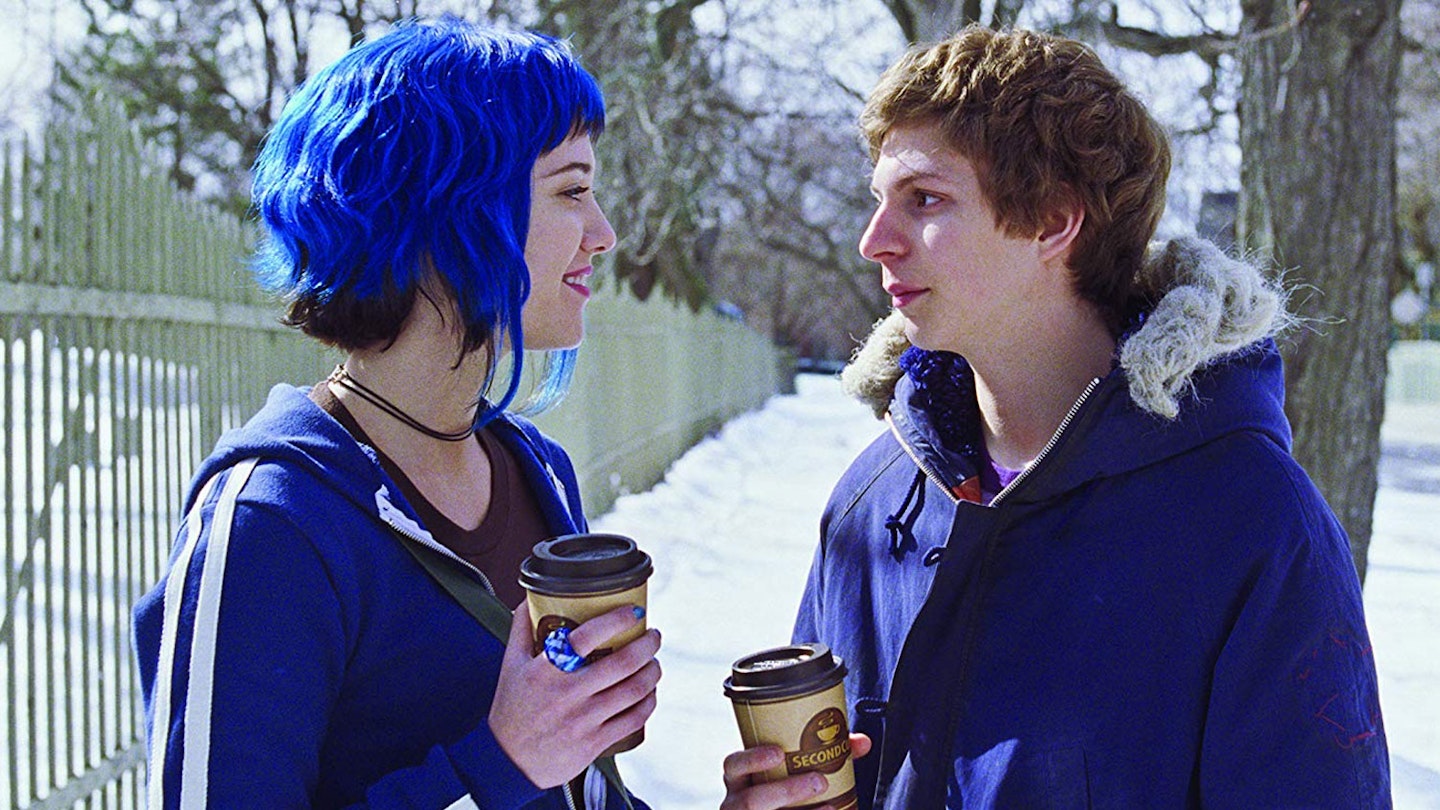It’s getting tighter and tighter now. We’re past the midway point in our countdown of Empire’s greatest movies of the 21st Century, and it’s already stuffed with modern classics – but who will make it into the top half of the list? The films have been compiled by combining lists submitted by Empire critics with those set in by readers, resulting in a definitive rundown of the 100 greatest 21st Century movies.
You can already read numbers 100 – 91, 90 – 81, 80 – 71, 70 – 61, and 60 – 51 on the list – and below you’ll find the next ten movies to have found their way into the top 100. Stay tuned to Empire Online as we unveil more of the full list in the coming days, and look out for more information coming soon about Empire’s upcoming 100 Greatest Movies Of The Century magazine issue and podcast special.
50. Hunt For The Wilderpeople (2016)
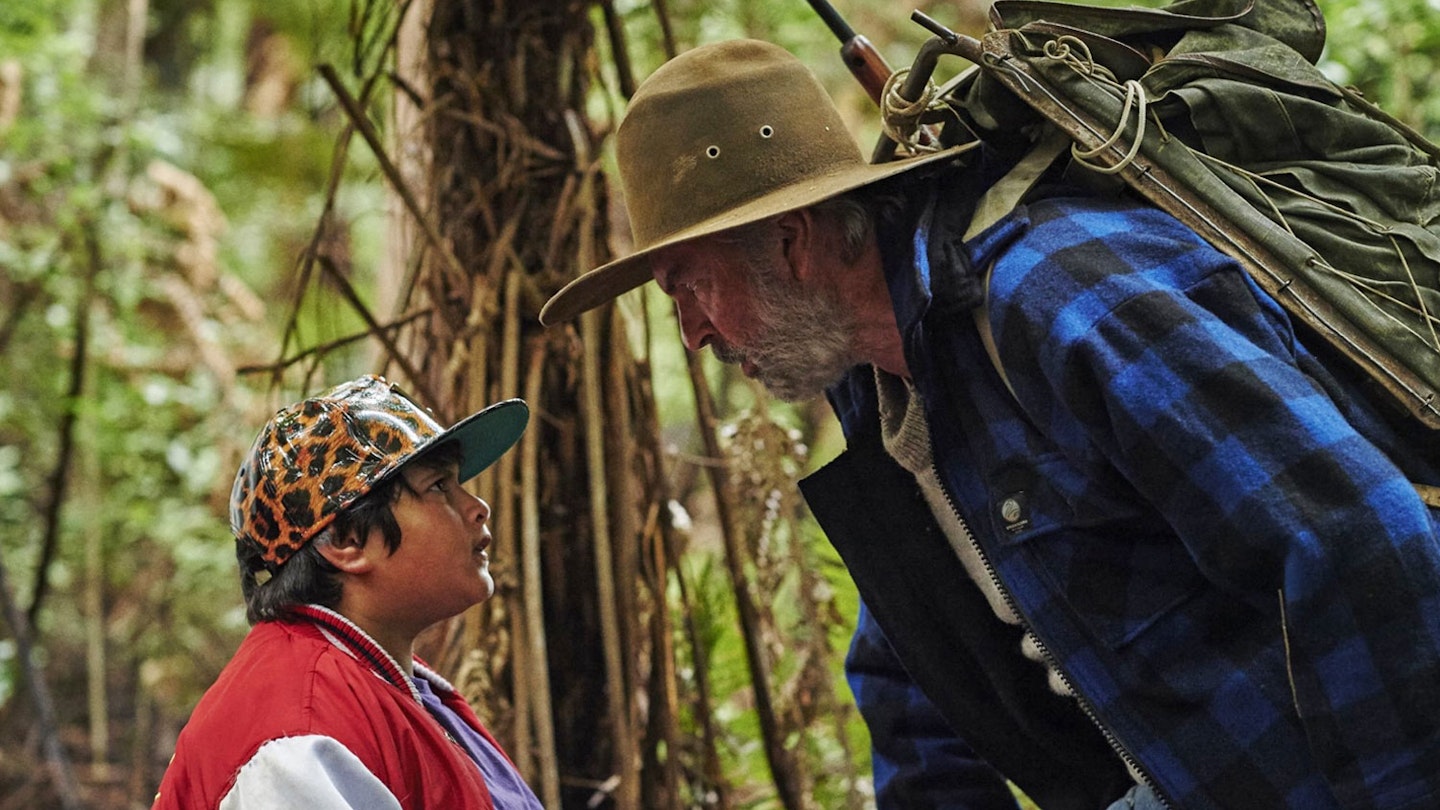
Nobody but Taika Waititi could have made Hunt For The Wilderpeople. Even though it’s based on Barry Crump’s novel Wild Pork And Watercress, the Kiwi filmmaker’s voice can be felt in every part of the film – its tonal balance of deadpan NZ humour and quiet tragedy, moments of visual fantasy, and pervasive sense of humanity. Newcomer Julian Dennison is endlessly endearing as 13-year-old “bad igg” Ricky Baker, who inadvertently goes on the run with his new guardian ‘Uncle’ Hec (a gloriously gruff Sam Neill), resulting in a bittersweet odd-couple adventure that avoids cloying whimsy and is rooted in real emotion. Along with What We Do In The Shadows, it was the film that cemented Waititi’s international appeal – propelling him to the MCU and beyond to become a prominent and distinctive voice in the current cinematic landscape. Properly majestical.
49. In Bruges (2008)
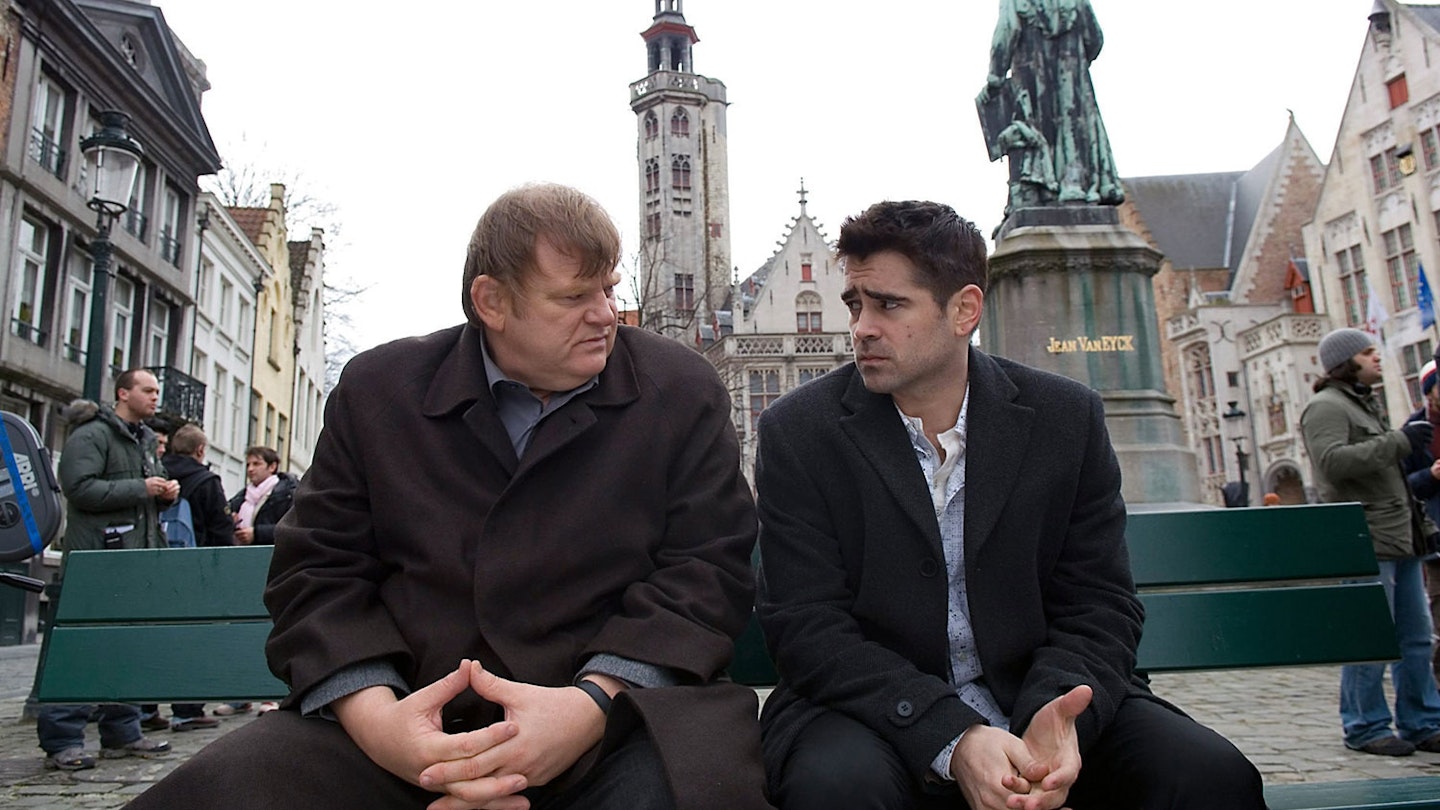
To say that the humour in In Bruges’ is coarse is to say the centre of the sun is ‘a bit hot’ – Martin McDonagh’s screenplay for his existentialist gangster movie is impressively caustic, leaving you frequently agog at the words coming out of the mouths of hiding hitmen Ray (Colin Farrell) and Ken (Brendan Gleeson). Left to await further instructions from their boss in the quaint Belgian town of the title (“It’s like a fucking fairytale or something”) after a job gone wrong, the pair languor in a picturesque purgatory, sight-seeing, shit-talking and soul-searching in equal measure as the weight of their actions comes crashing down. The jokes might be near-the-knuckle, or in some cases downright offensive, but it’s near-impossible not to laugh. Farrell in particular puts in a gleeful performance that you later realise is anchored in total tragedy and self-loathing. It’s a wild balancing act that McDonagh pulls off perfectly – and an oddly effective advert for Bruges.
48. Star Wars: The Force Awakens (2015)
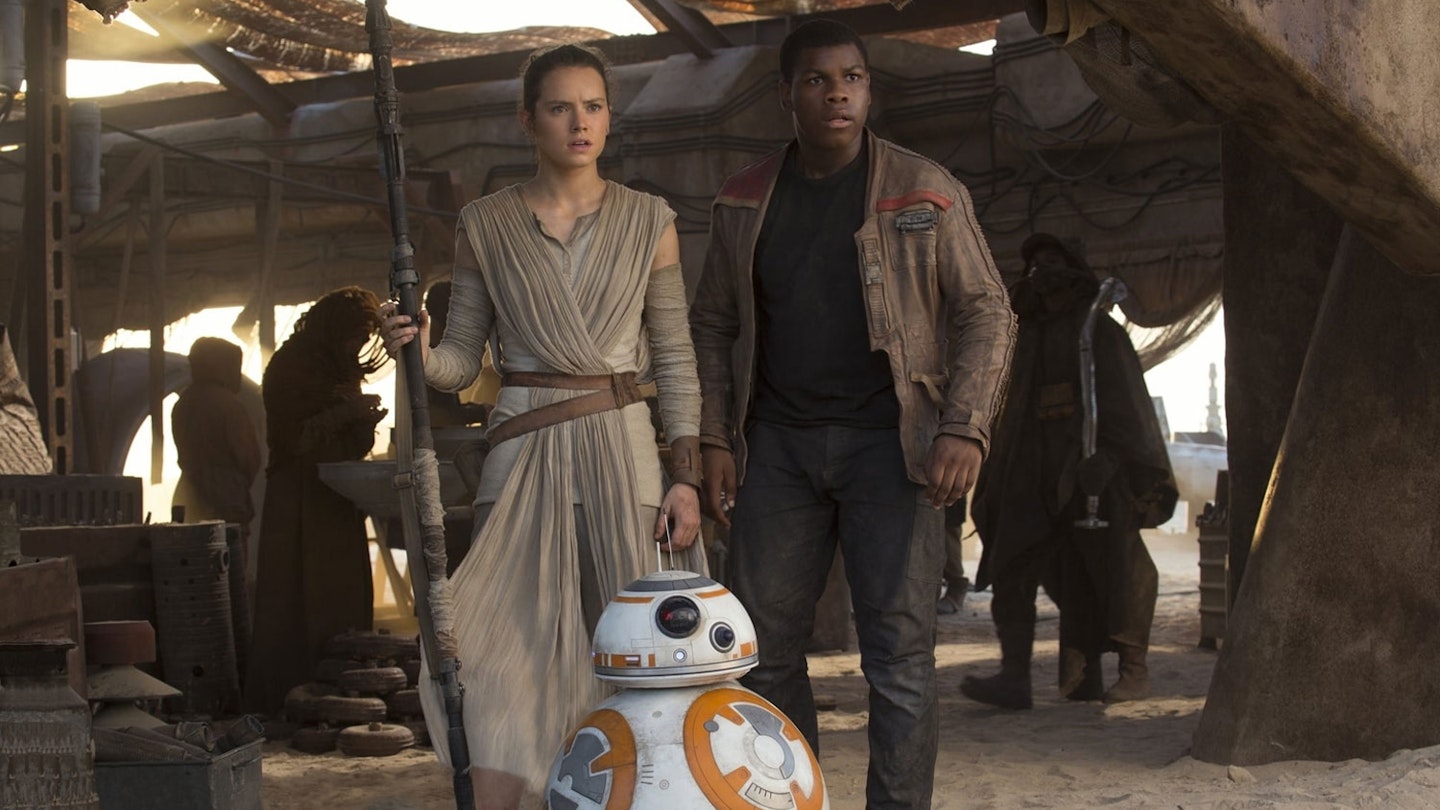
To understand the brilliance of The Force Awakens is to remember where Star Wars was pre-2015 – the legacy of the prequels still lingering, the sense of adventure and vitality long gone. JJ Abrams’ film revived the Skywalker saga with a literal quest to rediscover the long-lost heart of the original trilogy, while preaching the importance of continuing the legend for a new generation. On that front you have Daisy Ridley’s Rey and John Boyega’s Finn – a woman and a black man fronting a none-more-gigantic Hollywood blockbuster, still surprisingly rare – bolstered by Adam Driver’s mesmerising villain Kylo Ren. If it often gets accused of playing it safe, it also has moments of narrative chutzpah that made jaws drop on initial release. The Force Awakens is a throwback in many ways – but it’s also utterly contemporary, proving that Star Wars could, and should, be for absolutely everyone.
47. Scott Pilgrim Vs The World (2010)
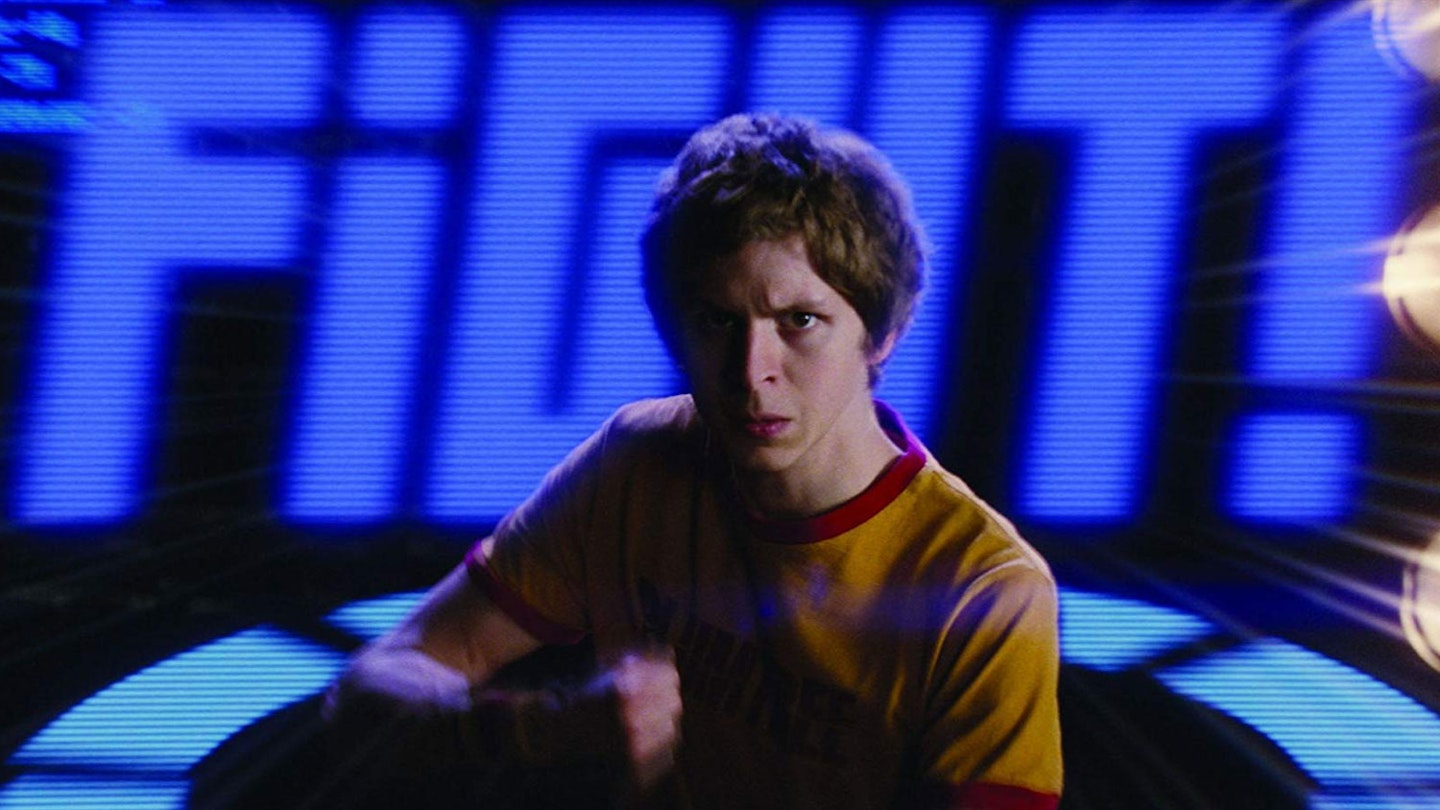
Where Shaun Of The Dead and Hot Fuzz revealed Edgar Wright as a British filmmaker of unique style, Scott Pilgrim kicked his pop-culture-infused visual sensibilities into overdrive. Adapting Bryan Lee O’Malley’s beloved comic book series – about a 20-something Torontonian slacker facing his new girlfriend’s ex-relationship baggage in literal fist-fights – Wright’s third film channels stylistic tics from video games, comic books, anime, sitcoms, and music videos into a dazzling whole. It proves a curious companion piece to Spaced, whose culture-fiend characters’ lives were filtered through the lens of their nerdy obsessions – here, Michael Cera’s Scott careens through Seinfeld daydreams, Dance Dance Revolution fights, and bass guitar battles with superpowered rockstar vegans. It’s two hours of non-stop stimulation with immaculate attention to detail, revolutionary in the way it translates abstract imagery into live-action – a technical marvel with astonishing fight scenes, a stupendous cast ahead of its time (Chris Evans! Brie Larson! Anna Kendrick! Aubrey Plaza!), original music from Beck and Metric among others, and a litany of iconic Toronto locations. KO!
46. Inside Llewyn Davis (2013)
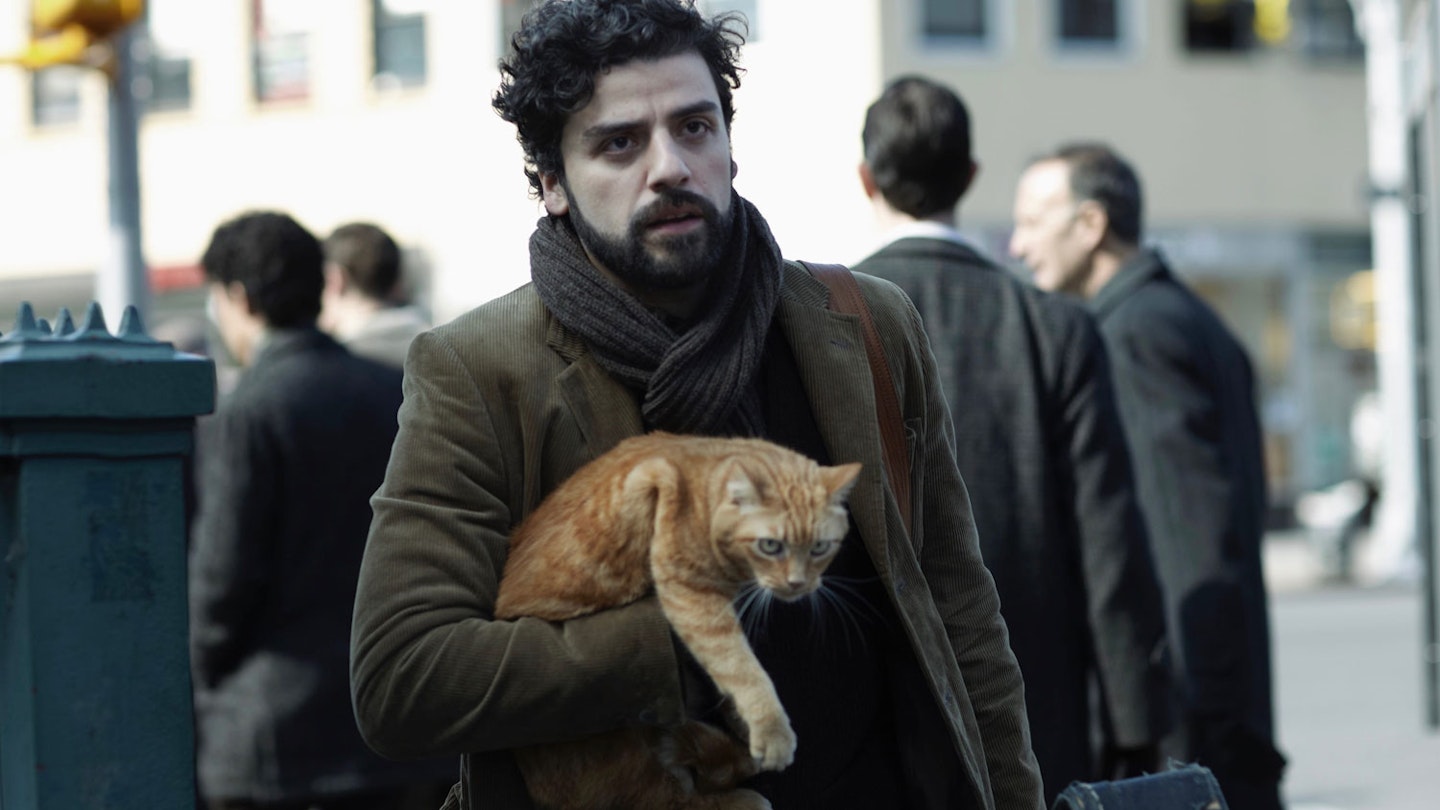
The Coen Brothers turning their attention to the New York folk scene of the early '60s, with a soundtrack once again supervised by T-Bone Burnett, obviously led to the expectation that Inside Llewyn Davis might be something along the lines of another O Brother, Where Art Thou? It turned out to be anything but: one of their more downbeat, contemplative films, focused on Oscar Isaac’s struggling, often exasperating musician as he fails to achieve much. Attempts to sell that soundtrack along O Brother lines seemed to miss the point that a lot of the songs were deliberately goofy (Justin Timberlake’s hilariously dire pop pick about the space race being the most obvious example). It’s Barton Folk, if you like. And for those that get it, it’s as good as that sounds – including another monstrous turn from John Goodman. One of the Coens’ very best, a bone dry quote-fest. It will interest you.
45. Blade Runner 2049 (2017)
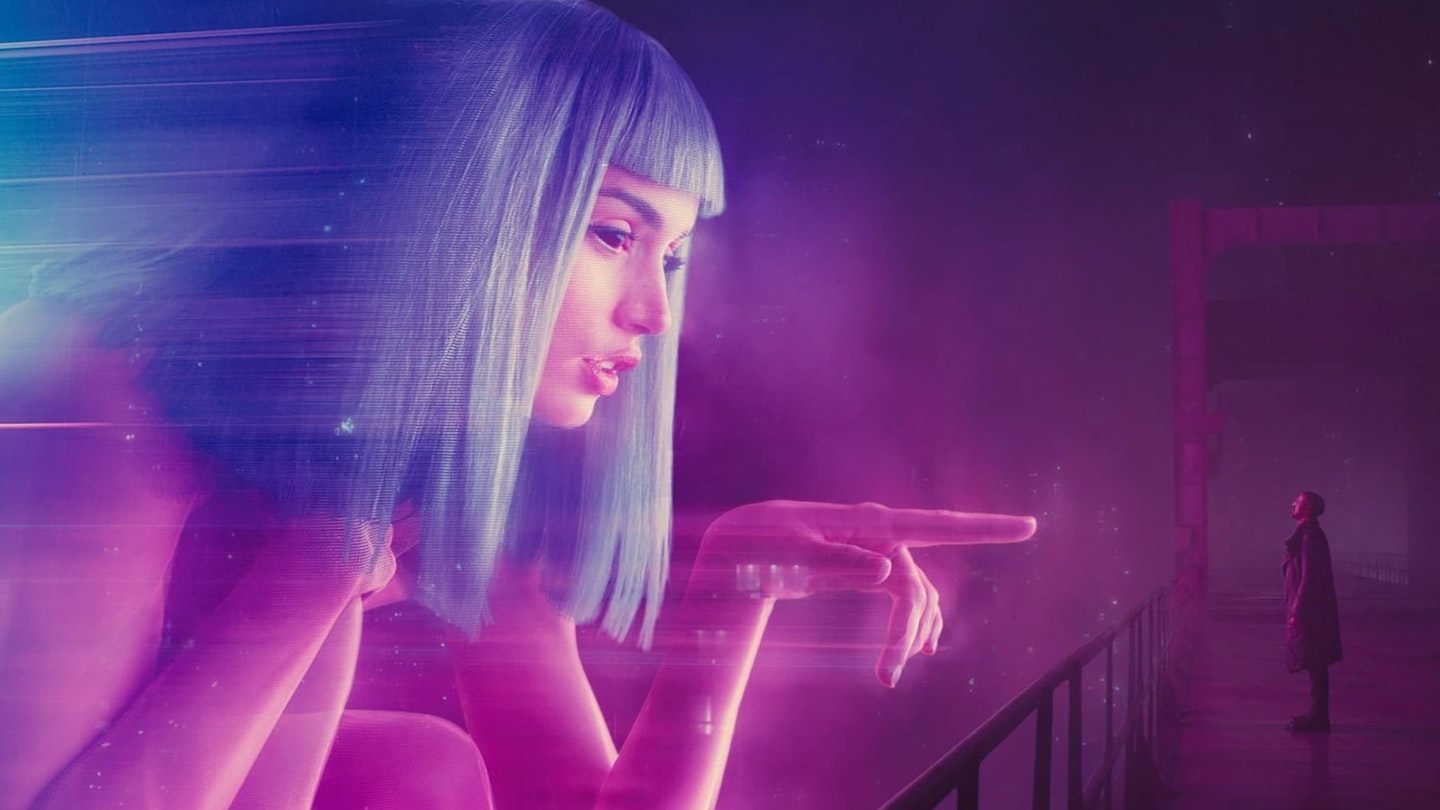
Denis Villeneuve’s late sequel to Ridley Scott’s sci-fi masterpiece is less a movie than a miracle. How often does a long-awaited follow-up to a cult classic actually happen, let alone become its own master-work that feels like a justified continuation? Considering Scott’s own Blade Runner wasn’t beloved on release, 2049’s muted box office feels less of a concern – its legacy is secure in the indelible images conjured by cinematographer Roger Deakins (finally winning a long-overdue Oscar for his work), its impressive subversions of ‘chosen one’ narratives, and its universe that feels of a piece with the original while carving new territory. Beyond Ryan Gosling’s new Blade Runner ‘K’ and the return of Harrison Ford’s Rick Deckard, it will go down as the film that brought future stars Mackenzie Davis and Ana de Armas to greater attention. It’s a wonder that it exists, and that it turned out so brilliantly. Bring on Blade Runner 2079 sometime in the 2040s.
44. Roma (2018)
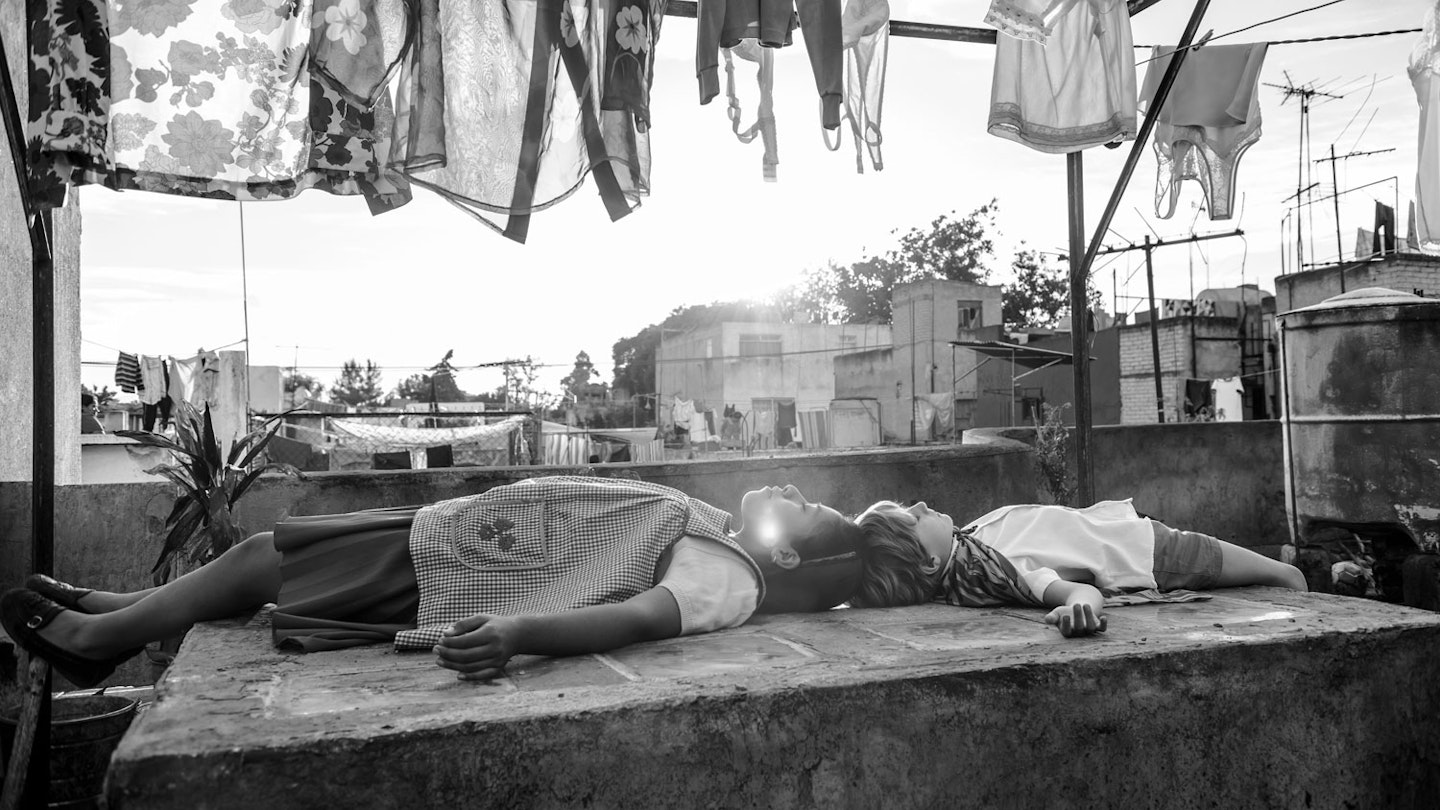
Mexican director Alfonso Cuarón had plunged into the depths of space in Gravity and the Wizarding World in Harry Potter and the Prisoner of Azkaban, but for Roma, he explored something more ambitious still: his own memory. The filmmaker’s eighth feature is both delicately internal and staggeringly expansive, telling a simple story in bold, brilliant brush strokes. Cuarón – always looking to tease the limits of technology – makes black-and-white film feel thrillingly modern, the digital high dynamic range photography removing all grain to leave crisp, gorgeously realised imagery. The meticulous, chaotic recreation of early 1970s Mexico City, meanwhile, feels rich and humane largely thanks to a pair of empathetic performances from Marina de Tavira and Yalitza Aparicio (the latter of whom had never acted before). As a love letter to a time and place and feeling, it is practically unbeatable.
43. The Lord Of The Rings: The Return Of The King (2003)
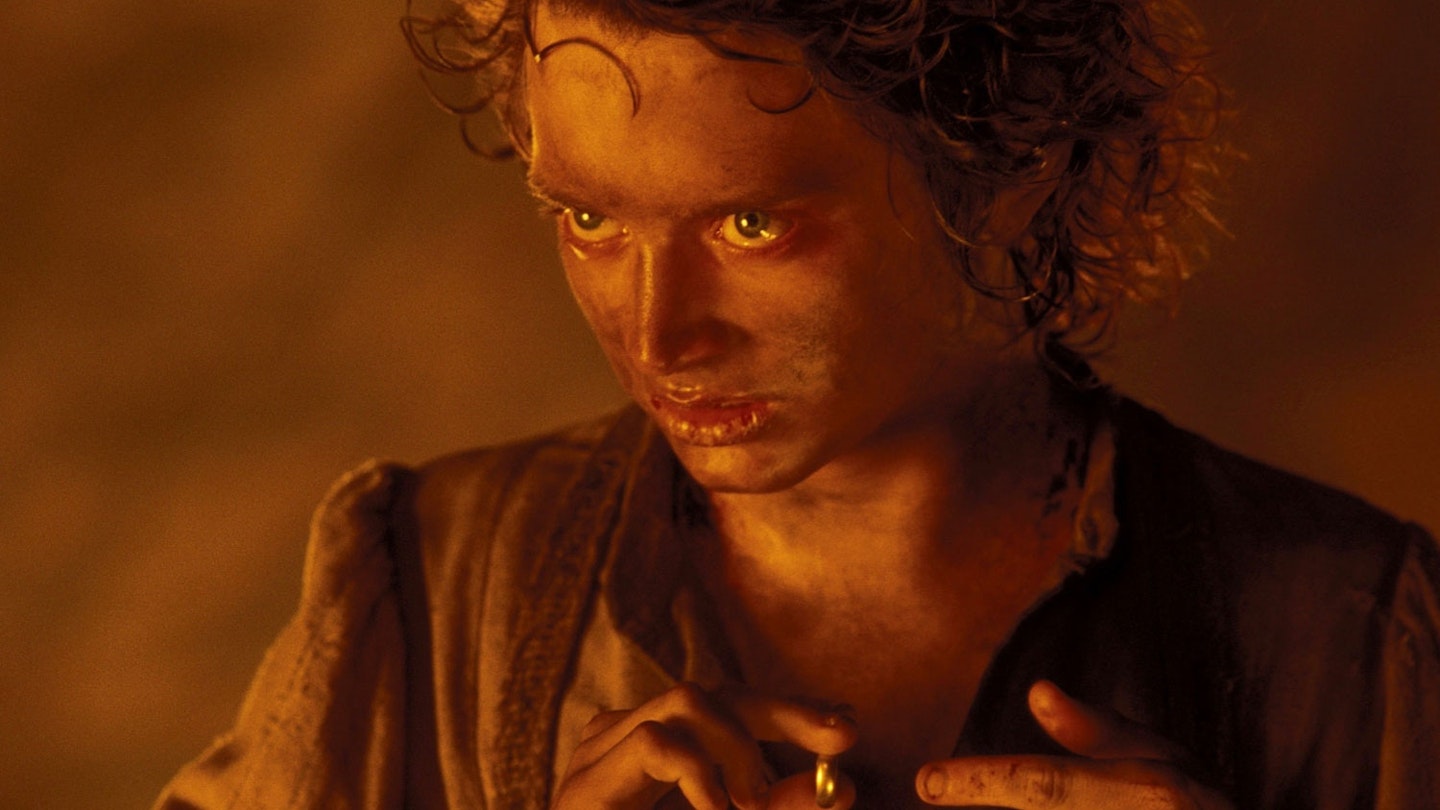
After two astonishing fantasy epics, Peter Jackson brought his Middle-earth adaptation to a thunderous end – or, several thunderous ends. If it’s not as neat as Fellowship, it’s an astonishing achievement steeped in pure, non-stop emotion – whether it’s Frodo and Sam’s final ascent up Mount Doom, Aragorn stepping up as King of Gondor, or Eowyn facing down the Witch-king (“I am no man!”), its most spinetingling moments occur at a human (or, Hobbit) level for a climax forged in fire and blood. With its ghost armies and nightmarish spider-den setpieces, Return Of The King is the Rings film that most allowed Jackson to dabble in the horror territory he was long known for – and as Frodo trudges further into Mordor and the One Ring weighs evermore heavily on him, it veers further into eerie psycho-drama. Most astonishingly, it goes all-out on unfiltered fantasy – and still won over the genre-averse Academy, earning 11 Oscar nominations and winning every single one of them, Best Picture included. It bows to no-one.
42. Casino Royale (2006)
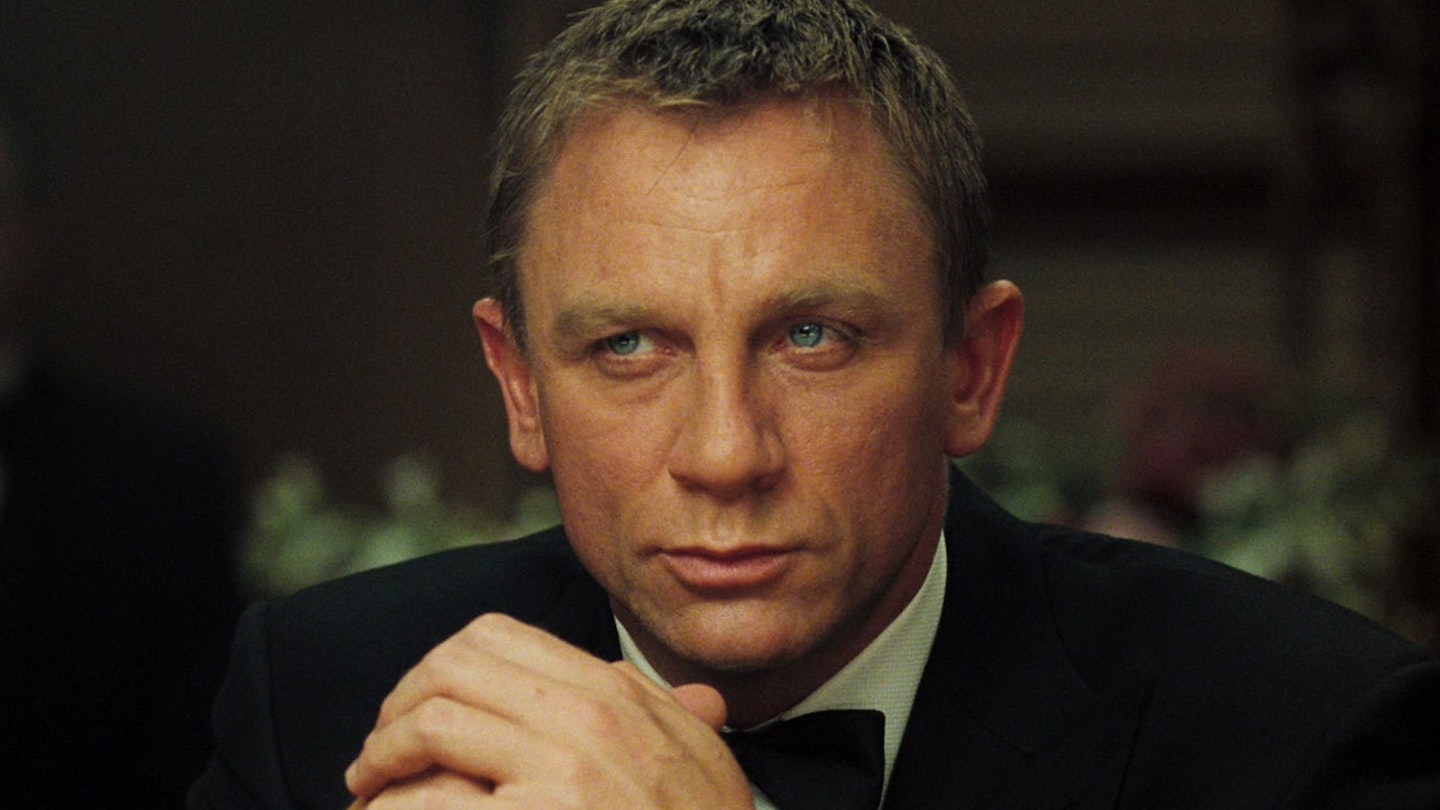
With its invisible car, dodgy CGI kite-surfing, and fencing Madonna, Die Another Day made it clear that the James Bond franchise needed to change. Post two Bourne movies, the series received its most notable reboot – not only swapping out Pierce Brosnan for the then-controversial Daniel Craig (remember the ‘Blonde Bond’ furore?), but jettisoning that quippy, campy tone for hard-hitting parkour, nut-thudding torture, and a scarcity of gadgets. Most notably, it went back to the roots of Bond on the page – adapting Ian Fleming’s original 007 novel for a tightly-plotted, grounded narrative with emotional heft. Impressively, Casino Royale felt like prime James Bond while also being utterly new – from its black-and-white opening in which he earns his 00-status, to its far-more-than-just-a-Bond-girl role for Eva Green’s Vesper Lynd – and still stands as the best outing in the Craig canon. Factor in Mads Mikkelsen as a blood-teared villain, and it’s a royal flush.
41. Avengers: Endgame (2019)
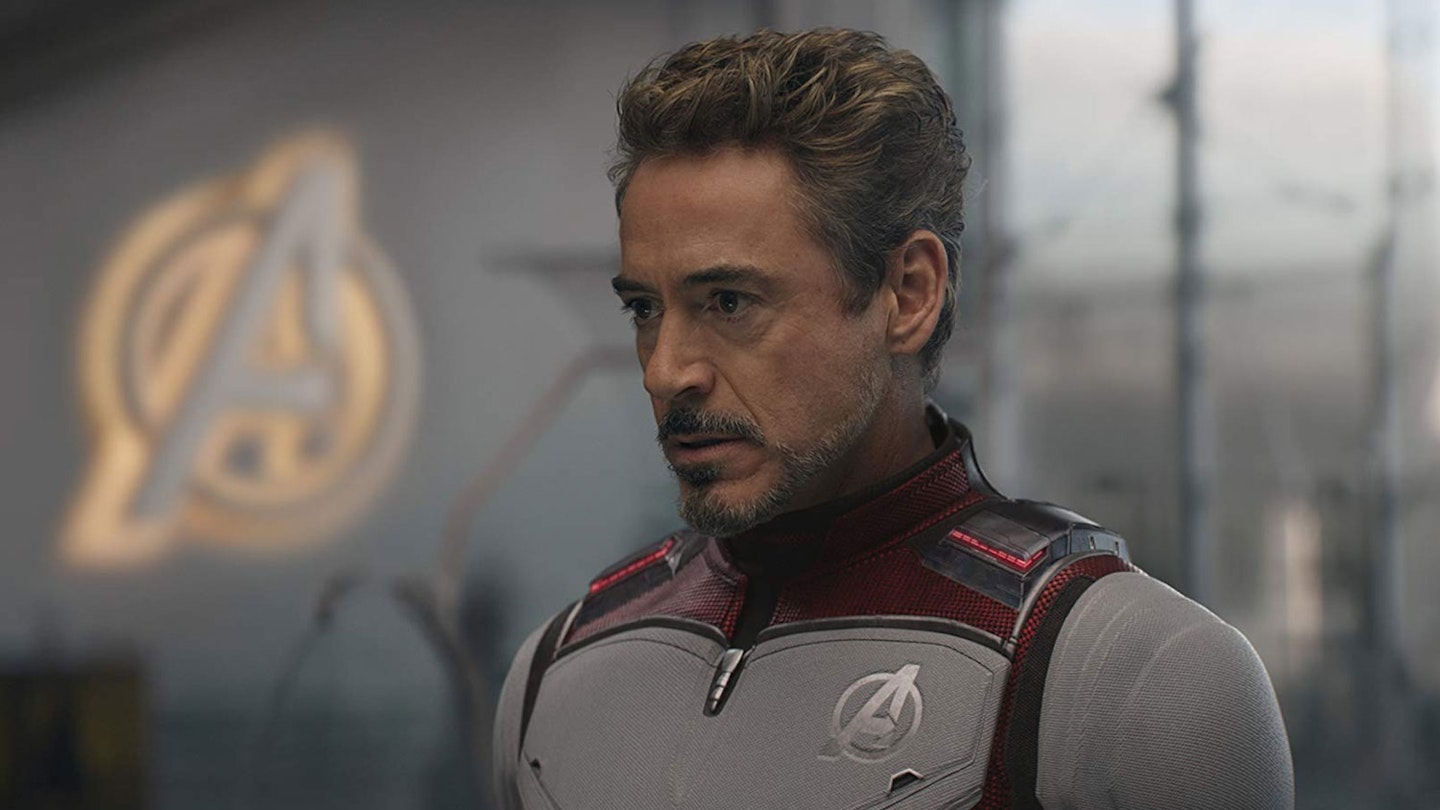
Sticking the landing is incredibly important – just ask any Game Of Thrones fan. That Endgame tied up 11 years of blockbuster storytelling with such emotion and attention to detail, as well as spine-tingling action spectacle, remains utterly remarkable. Incorporating threads from the entire MCU while largely focusing on the original six Avengers including Tony Stark and Steve Rogers, it’s a comic book finale with genuine stakes, a time-travel movie that becomes a victory-lap for a game-changing cinematic universe, and a stirring farewell to the heroes that were long its central pillars. From moment to moment, the Russo brothers and writers Christopher Markus and Stephen McFeely seem hell-bent on making every single second count – wringing drama, thrills, laughs and emotional gut-punches from moment to moment. And when Captain America proves worthy enough to summon Mjolnir on the battlefield and face Thanos? Pure cinema.
